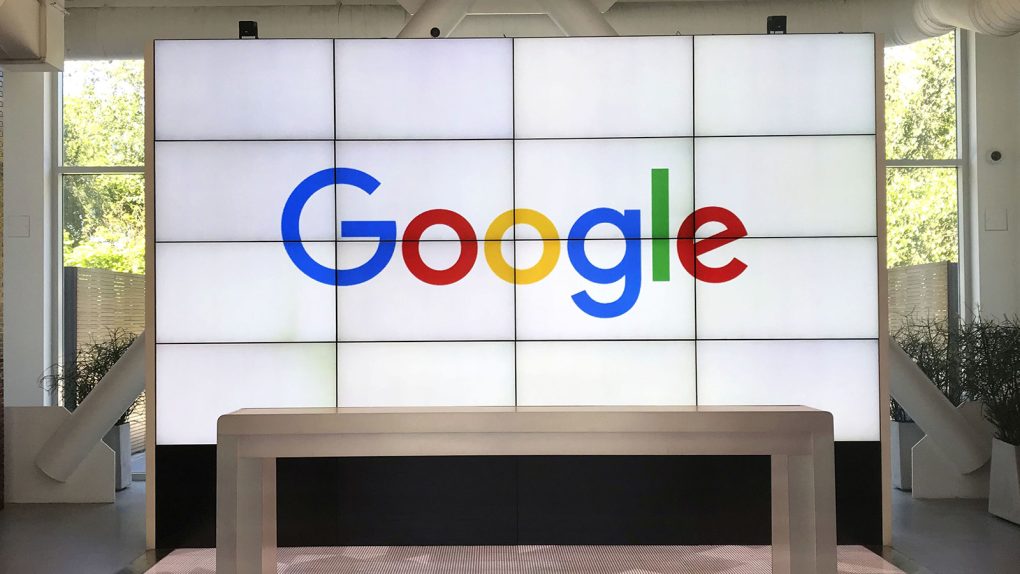Apple recently rolled out the “terrifying” iPhone feature Facebook was so afraid of: App Tracking Transparency (ATT). Announced almost a year ago, ATT is a privacy feature which forces developers that want to track users across apps and services to ask for their permission first. That’s never happened before with companies that make money from online ads and track users to sell more lucrative personalized advertisements. Facebook was very vocal against Apple, and the first stats following the rollout of iOS 14.5 prove that the company was right to be afraid. When given the option, most people will ask apps not to track them online.
Google, which also tracks users and collects plenty of personal data that’s then monetized via personalized ads, said it wouldn’t show the ATT prompts in its iOS apps because it won’t use the tracking method the policy refers to. Google has never criticized Apple as fiercely as Facebook, and Google can’t exactly do it. Unlike Facebook, Google also owns its own mobile operating system. And Android users would certainly appreciate the same privacy features found on iPhone. But Google is reportedly quite hesitant to bring an ATT variation to Android, as the feature might hurt its bottom line.
Apple and Google each copy some of the other’s new software features for phones. But Apple made privacy and security tentpole iPhone features, improving the user protections significantly over the years. Google had no choice but to follow in Apple’s footsteps to ensure feature parity between the two mobile operating systems when it comes to privacy and security.
Rumors already say that Android 12 will show indicators telling users when apps access the camera or the microphone, which is something already available on iPhone. This might turn out to be a critical feature that could help users spot snooping apps, but it has no impact on user tracking for ad purposes.
Google also said that it’d launch its privacy labels in Android. Apple announced the feature in June 2020 and rolled it out last winter, prompting Facebook’s first attack on Apple. The feature tells users exactly how much personal data an app collects. Both Facebook and Google grab quite a lot of data from mobile apps — Google saw some criticism in early 2021 for delaying its iPhone app updates as a result. But Google’s privacy labels will roll out in 2022 at the earliest.
As for ATT, it’s unclear when Google will release a feature that will allow Android users to opt out of tracking. A report from The Information (via MacRumors) explains that Google has started work on such a feature, but it’s worried it will impact its bottom line:
Pressured by Apple’s recent iPhone privacy initiative, Google is accelerating work to limit how app developers can track the 2.5 billion people who use phones powered by its Android software. The efforts are still in flux and have been delayed by internal concerns that such moves will diminish the $130 billion a year spent on U.S. mobile ads, an industry dominated by Google, said people who are involved with the work.
The report also mentions the Android 12’s camera and microphone indicators, explaining that Google will take baby steps regarding phone privacy during I/O 2021 this week.
Whether ATT arrives in Android this year or later, it’s certain that Google is looking at ways to improve user privacy while at the same time trying to still harvest that user data for ads.
Google is facing a similar problem on desktop where it wants to replace third-party cookies with a technology called FLoC for selling more private personalized ads. At least that’s how Google explains the tech, as many organizations and companies have shown their discontent with FLoC.








